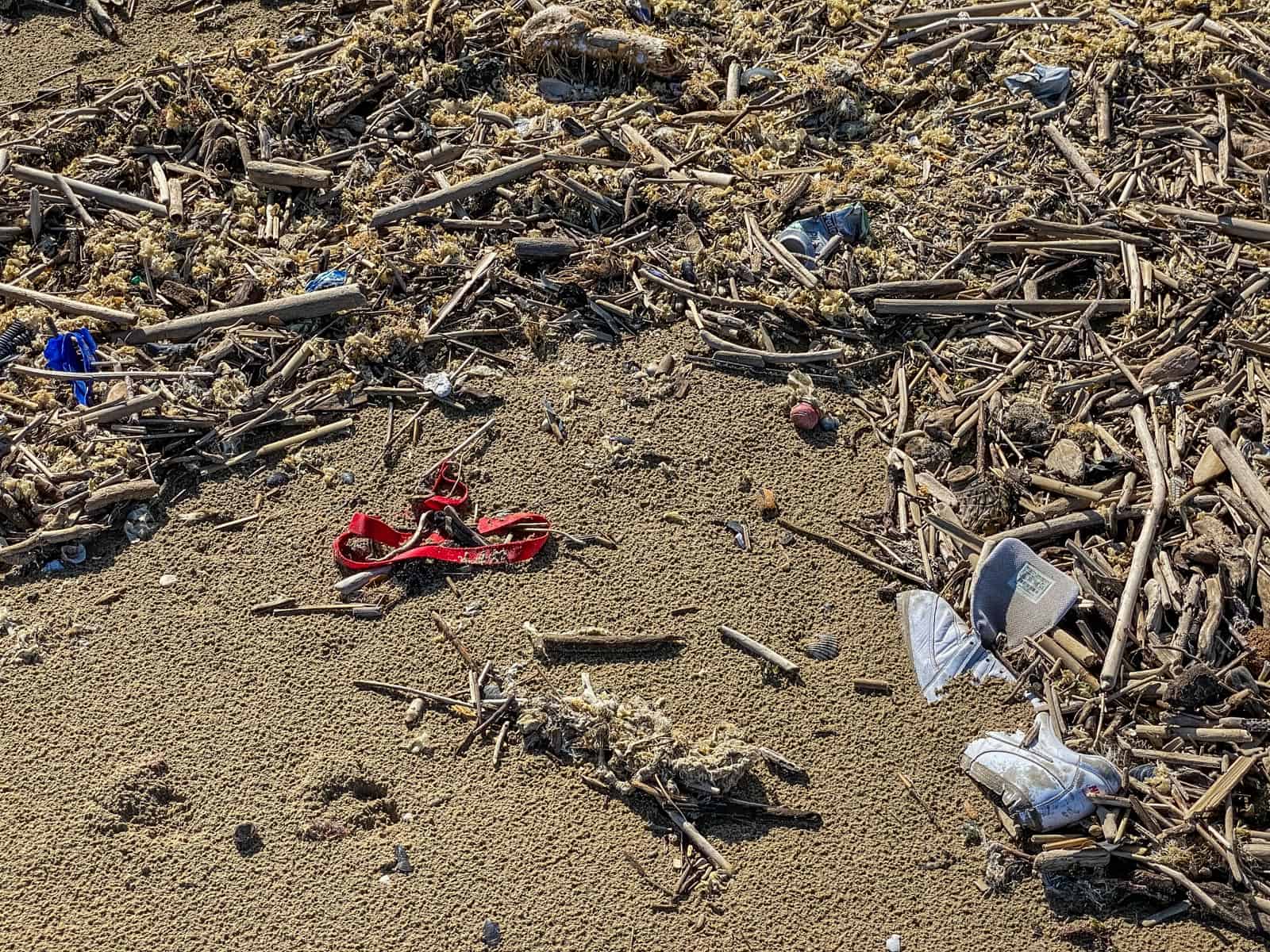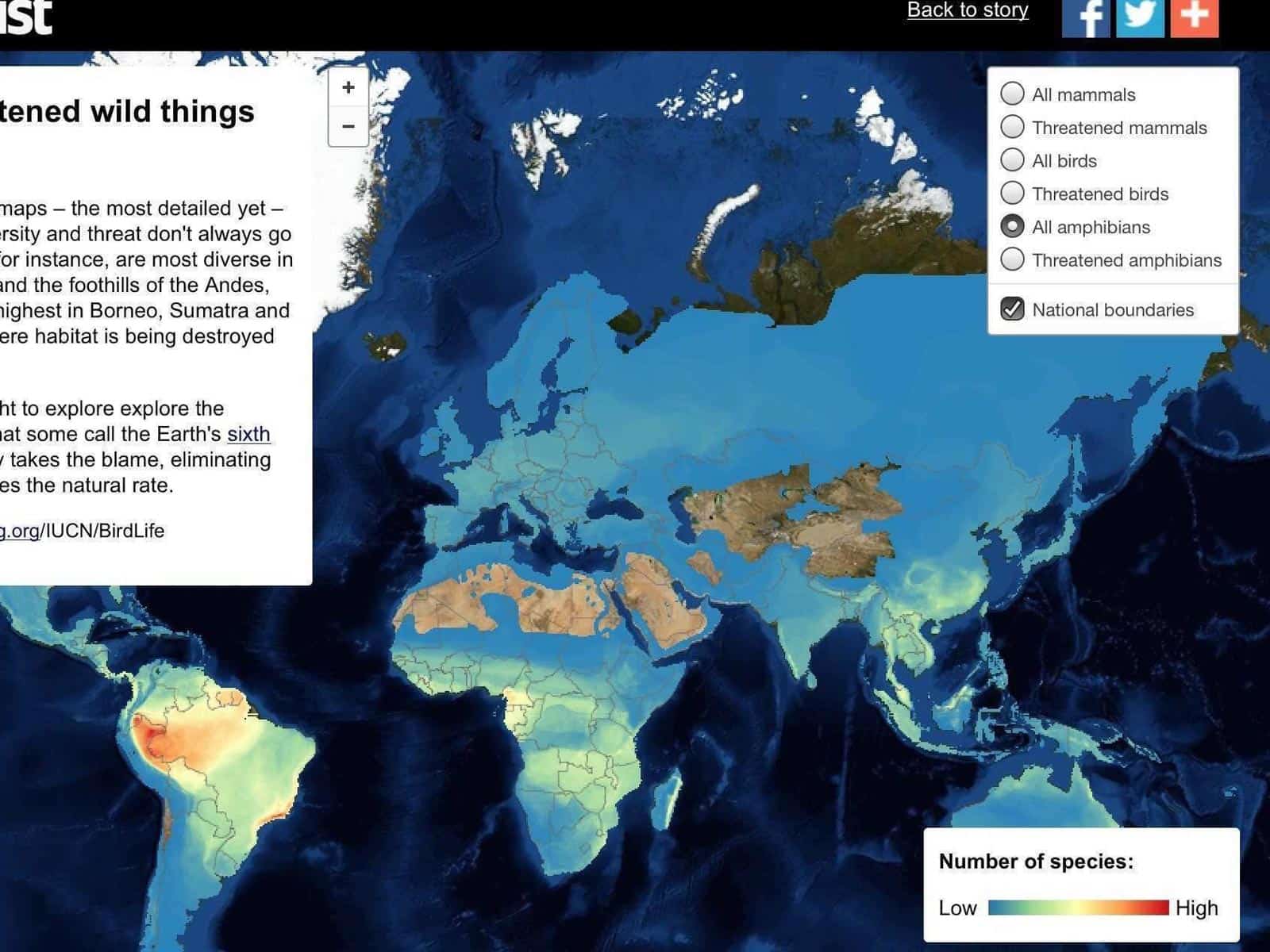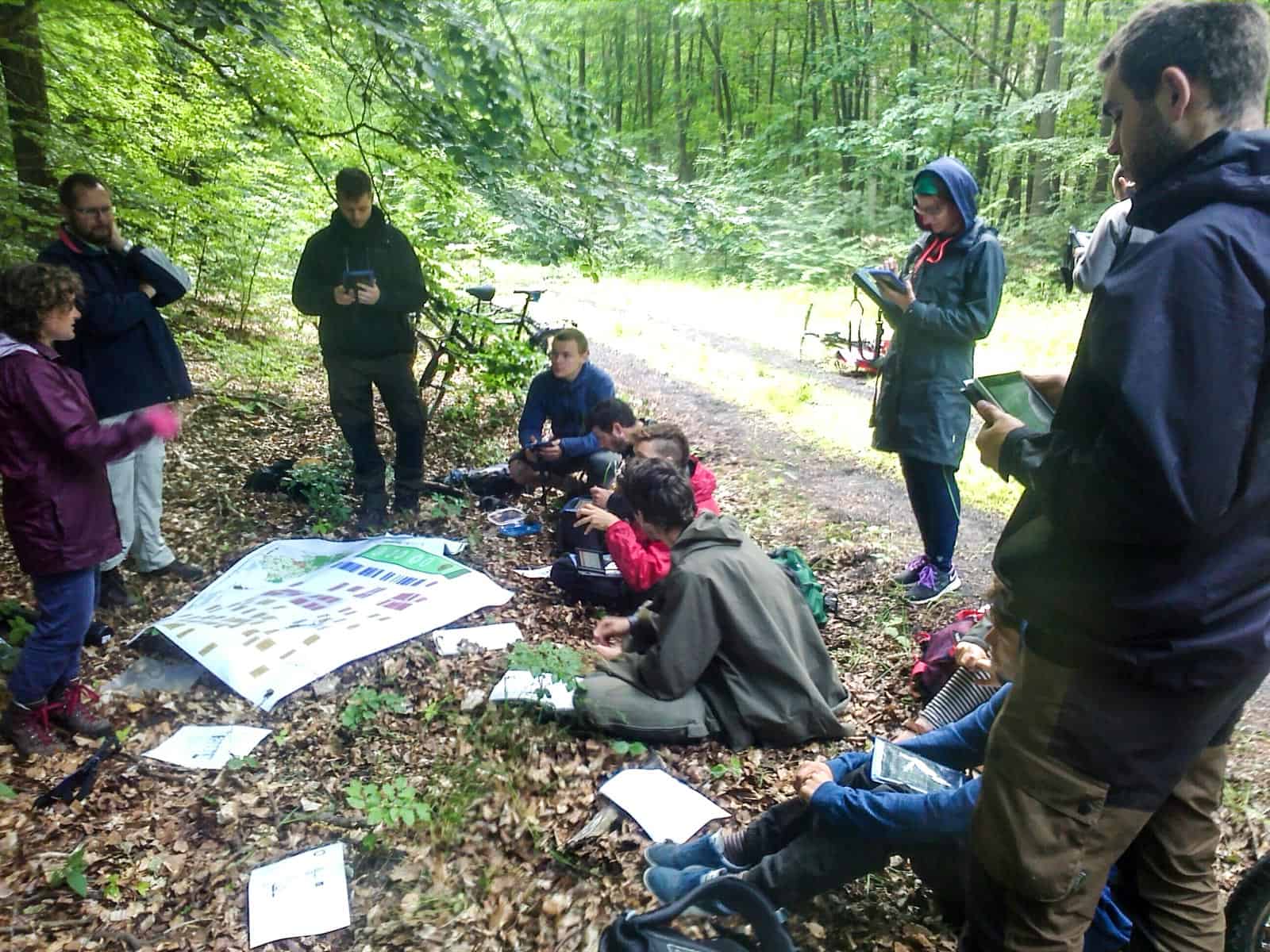Increased COVID-19-related litter threatens environment and wildlife
The full impact of the COVID-19 pandemic on the environment will take years to understand. British scientists investigated the effects of personal protective equipment, especially face masks, on the environment in 11 countries: Canada, France, Germany, Belgium, Spain, the UK, the US, the Netherlands, Sweden, Australia and New Zealand.
Highest litter increase in the UK
Policy responses to the pandemic, like lockdown severity and mask policies, were mapped with litter proportions through the first six months of the pandemic. Face mask litter showed an 84-fold increase from March to October 2020. The UK showed the highest overall proportion of masks, gloves and wipes as litter. Masks accounted 5% of all litter. Only Sweden had several months with no COVID-19-related litter.
National legislation impacted the mask litter amounts
The researchers found out that mask litter slowly increased during the first lockdown in 2020. In the beginning, countries had guidance to physical distancing, struggling to find enough personal protective equipment for their population. Furthermore, summer and autumn, when social activities and traveling were allowed again, ended in dramatic increase in mask litter. Gloves only showed an increased use at the beginning of the pandemic. Rising awareness of the role of aerosols has shifted the use away from gloves towards masks.
It wasn’t a surprise to see mask litter appear, but what did surprise us was how national legislation had dramatically impacted the occurrence of mask litter.

Long-term effects on the environment
The majority of masks are manufactured form long-lasting plastic materials and, if discarded carelessly, can stay in the environment up to hundreds of years. Short term, the masks can cause potential blockages in sewers or transmit the virus within the first few hours. Medium-term, litter can entangle or choke large animals, causing even death. Long-term it could become a transmission route for other pollutants, break down into micro-plastics and even enter the food chain.
Despite millions of people being told to use face masks, little guidance was given on how to dispose of them or recycle them safely. Without better disposal practices, an environmental disaster is looming.

Hence, the researchers are urging world governments to put in place policies and legislation for the proper disposal of face masks when making them mandatory.








